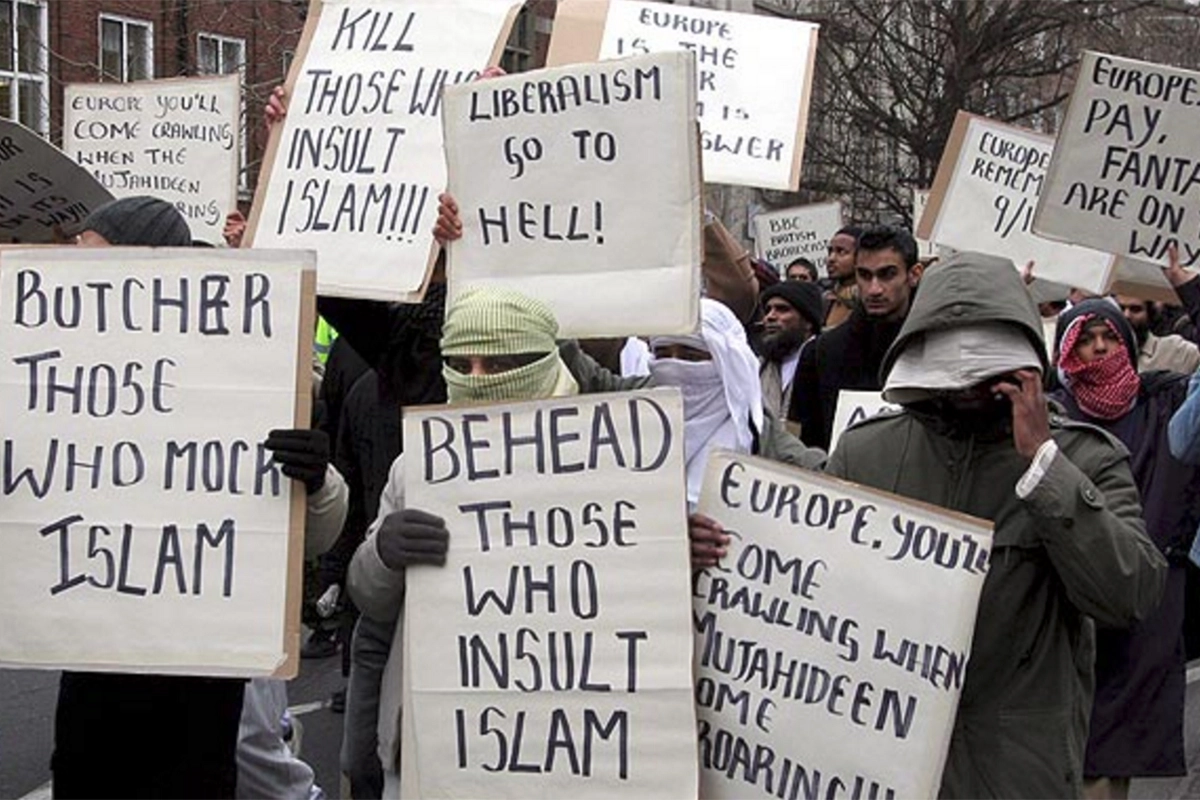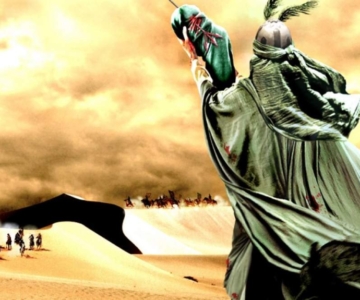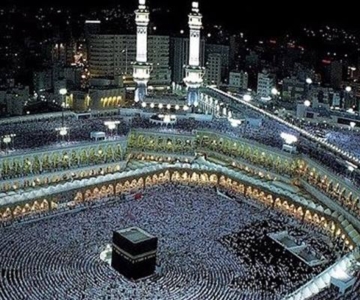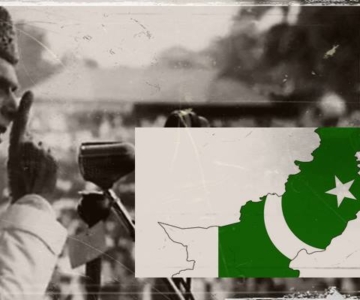“Would you permit me to teach my children that God is greater, more just, and more merciful than all the (religious) scholars on earth combined? And that His standards are different from the standards of those trading the religion” — Nizar Qabbani, Syrian poet.
Much has been said about the French magazine Charlie Hebdo and its slain cartoonists and their provocative cartoons about Muslims. Satirical representations of the Muslims in Europe do merge with racism and evoke destructive passions. But the barbaric killing of journalists exercising their right of free speech is beyond condemnable. It strikes at the heart of press freedom.
Muslim communities in most Western countries view themselves as besieged collectives. Issues of integration, racism and the colonial baggage resonate each day. But in the past two decades especially with the rise of violent extremism as global phenomena, these complexities have become even more intractable.
By brutally killing staffers of Charlie Hebdo magazine, the violent extremists have offended their faith far more than the perceived blasphemy of the magazine. Theirs is a political ideology — of using terror as a weapon — to avenge a history, to settle grievances and to assert power through violence.
Billions of men and women who practice Islam often have little input in shaping such narratives of hatred. Such violent ideas emanate from the minority schools of thought within Islam, which rationalize the killing of ‘infidels’ and their ‘associates’. This ideology is the same that hounded Salman Rushdie, and killed Theo van Gogh in Amsterdam for a film.
Ironically, the main targets of this ideology have been Muslims themselves. From the mass killings of Hazara Shias in Afghanistan and Pakistan to the ongoing killing spree in Syria and Iraq, it is the Muslims that bear the brunt of this violent mindset.
Dozens of Sufi shrines and hundreds of schools have been blown up in Pakistan by extremists. Most of the 50,000 Pakistanis killed in the last decade were Muslims. And in this day and age this ideology prevents the majority of Pakistanis to access YouTube simply because somewhere, someone lampooned the holy figure of Islam.
The reaction to such atrocities is also warped. Many consider that ‘true’ Muslims cannot do such barbarities. Others want to throw in the colonial past, the present-day wars in Iraq and Afghanistan and the continued repression of Palestinians by Israel with the support of the West.
The truth is that all these political narratives continue to divert the Muslims from the elephant in the room i.e. , deeply contentious jurisprudence that enables the jihadists to justify their existence and agenda. The Indian poet and thinker Dr. Muhammad Iqbal in 1930s had advocated for ijtihad (reinterpretation). In his famous treatise The Reconstruction of Religious Thought in Islam, Iqbal argued that since the establishment of schools of Islamic jurisprudence, the law of Islam was “reduced to a state of immobility.” Iqbal’s idea was that Islam’s holy book — the Qur’an — is not a legal code and the sunnah (traditions of Prophet Muhammad) were time and situation bound. Thus Iqbal argued for the reconstruction of Islamic thought or a reformation, which sadly was not espoused by the Muslim world.
In fact, rationalism is viewed as an evil that may end up undermining the Muslim societies. This idea has taken further root through the use of Islamic Shariah to consolidate power by political and military elites in Muslim countries. Similarly, the use of religion to justify a divine right to rule by Gulf kingdoms and Iran provide terrible role models for what an Islamic state could be in practice.
What is Islam, who are Muslims and what they believe in remains contested.
A larger failure among Muslims has been the lack of reconciliation between the factions (or sects) within Islam. They call each other as apostates and infidels. This is why the Shia Muslims are the target for the dominant ideology of Al Qaeda, Islamic State and the Taliban. Pakistan even went a step further and made its Parliament decree that Ahmadi sect was ‘non-Muslim’.
The obsession with ‘blasphemy‘ is eating up the Muslim societies from within — from Saudi Arabia to Egypt and from Somalia to Pakistan. During the protests against Jyllands-Posten cartoons in 2005, scores of Muslims died; and public properties were set ablaze in Pakistan, Indonesia among others. In Pakistan, I witnessed the demonstrations against the video on Muhammad in 2012 and how so many innocent lives were lost. More than half of those booked under blasphemy laws in Pakistan happen to be Muslims
A community wrangling with each other and unable to set the direction for its believers can hardly take the moral high ground on the persecution of the West or the so-called ‘anti-Islam’ forces. Muslim intelligentsia has been making feeble efforts to call for reform but they face fear of persecution and at times death.
Voices of reason have been exiled or faced intense violence. The only Muslim writer to have received a Nobel Prize — Naguib Mahfouz — was literally stabbed in Egypt. Last year, a rational Pakistani scholar of Islamic Studies Dr. Shakeel Auj was gunned down. Another progressive scholar Dr. Ghamidi from Pakistan has been exiled.
Even voices in mainstream discourse that call for reason — including mine — are continuously silenced. I left Pakistan in April 2014 after an assassination attempt that killed my driver. I survived but that hardly matters. I will be killed again if I open my mouth on national TV and challenge the nihilism of violent extremists.
Islamic faith has no room for a clergy. Yet the clerics rule. They are in league with those who govern Muslim countries and at times with the global powers as well. This ideology gets transmitted to Western capitals couched in anti-imperial language and results in massacres such as seen in Paris recently.
This is the time for introspection and self-correction, not exorcising the ghosts of the past and injustices of the present. Only Muslims can do it themselves. We are all Charlie because reason and satire are vital to free speech; and no man-made ideology masked as divine has a right to take that away.



